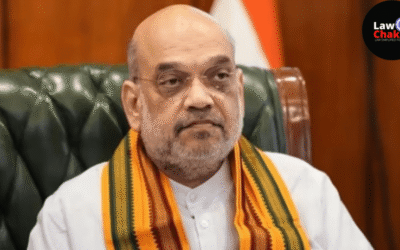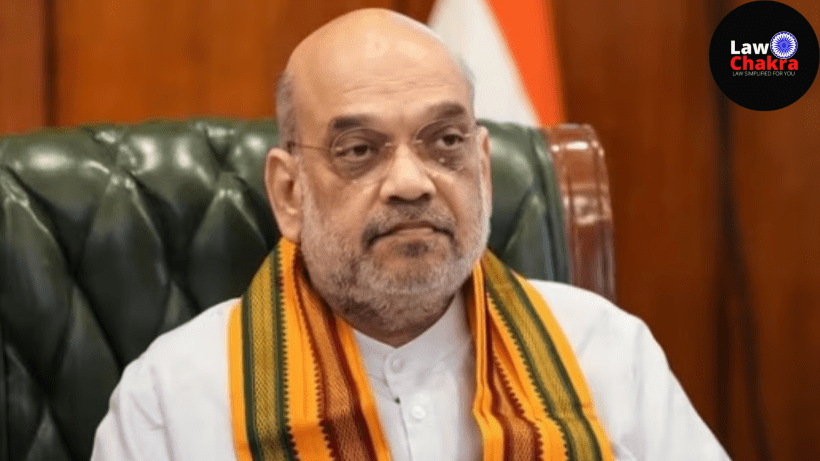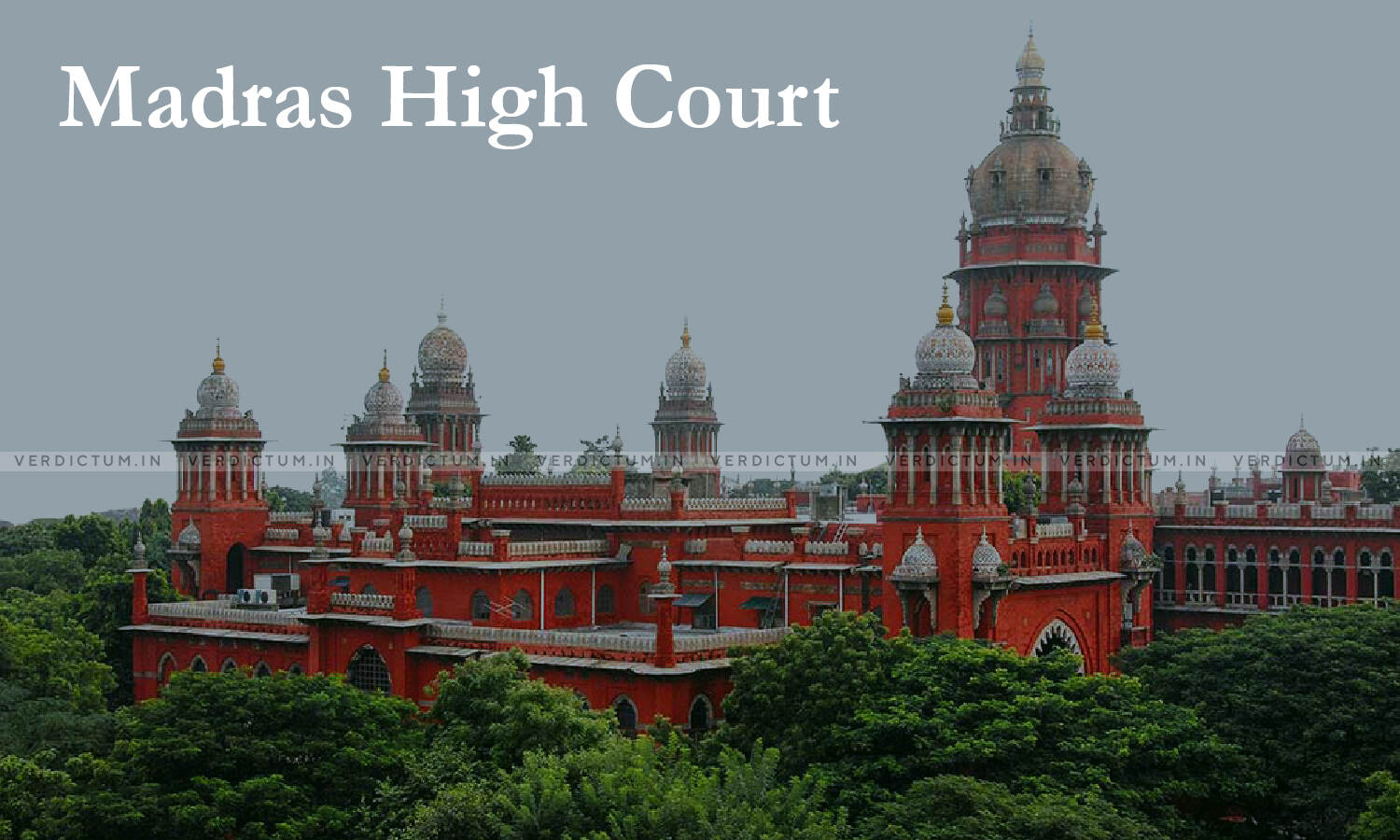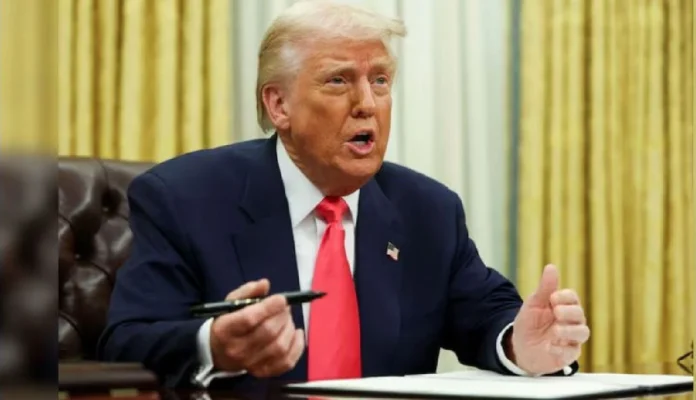Vijay Deverakonda Faces SC/ST Case Over Tribal Remarks: “Terror Attack In Pahalgam Similar To Tribal Wars 500 Years Ago”
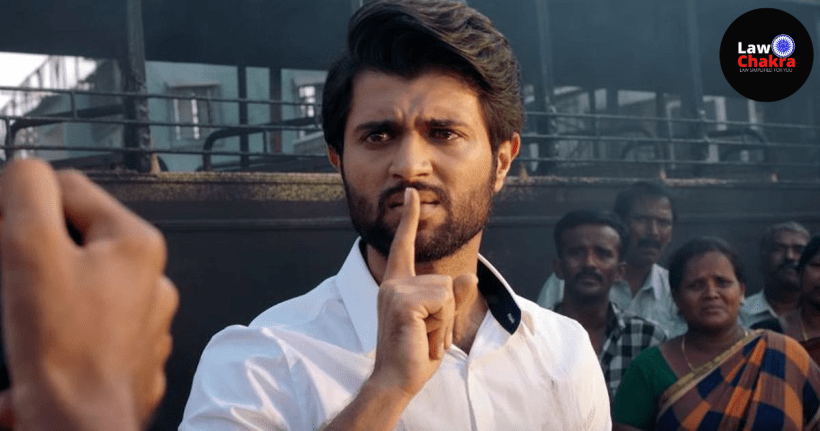
A case has been registered against actor Vijay Deverakonda for allegedly insulting tribal communities during a film event. The actor later issued a statement expressing regret and clarified his intentions.
Thank you for reading this post, don’t forget to subscribe!
Hyderabad: Popular Telugu actor Vijay Deverakonda is now facing legal trouble as a case has been registered against him under the SC/ST (Scheduled Castes and Scheduled Tribes) (Prevention of Atrocities) Act.
The issue is connected to some remarks he allegedly made about tribal people during a movie pre-release event held in April this year.
According to police officials, Deverakonda, while speaking at the event for the film “Retro” starring actor Surya, compared a recent terror attack in Pahalgam with tribal wars that happened 500 years ago. This comparison reportedly offended members of tribal communities.
A police official shared with the media,
“The actor made comments in April. However, based on a complaint a case under SC/ST Act was booked against him on June 17.”
The complaint was submitted by Nenavath Ashok Kumar Naik, also known as Ashok Rathod, who is the State President of the Joint Action Committee of Tribal Communities.
In his complaint, Rathod accused Vijay Deverakonda of making comments that hurt the feelings of tribal people and deeply insulted them during the event.
According to Rathod, Deverakonda’s speech gave the impression that tribal communities were being compared to Pakistani terrorists. This was seen by many as racially disrespectful and offensive.
In response to the growing criticism, Vijay Deverakonda took to social media platform X (formerly Twitter) on May 3, and issued a clarification regarding his statement.
In his post, he wrote,
“If any part of my message was misunderstood or hurtful, I expressed my sincere regret. My only aim was to speak of peace, progress and togetherness. I remain committed to using my platform to uplift unify-never divide.”
He also added that he never intended to hurt anyone and has great respect for tribal communities. In his words,
“There was no intention to hurt or target any community especially Scheduled Tribes whom he deeply respect and consider as an integral part of the country.”
The police have started an investigation into the matter and are now looking into all aspects of the case to determine the nature and seriousness of the actor’s remarks.
What is the SC/ST (Prevention of Atrocities) Act?
The Scheduled Castes and Scheduled Tribes (Prevention of Atrocities) Act, 1989, commonly known as the SC/ST Act or Atrocities Act, is a powerful Indian law created to punish and prevent serious crimes and discrimination against people from the Scheduled Castes and Scheduled Tribes.
Why it was passed?
India’s Constitution bans caste-based discrimination (Articles 15 & 17). Existing laws like the Indian Penal Code weren’t strong enough to stop caste-based cruelty. So in 1989 the government enacted this specific law to fill that gap.
What counts as an offence?
The Act lists many severe acts as offenses when committed against SC/ST individuals. These include:
- Forcing someone to eat or drink disgusting things
- Dumping excreta on them or their property
- Publicly humiliating or parading them naked
- Blocking access to places or services
- Assaulting or insulting them in a caste-based way
- Denying voting, education, or other rights
- False legal cases and property crimes
Amendments in 2015 added even more offences, such as garlanding with slippers and compelling manual scavenging.
How severe are the punishments?
- Many acts lead to non-bailable offences and warrantless arrests
- Minimum jail terms usually start from 6 months, up to 5 years, or more for serious crimes
- The law also allows authorities to expel the accused from an area for up to two years for prevention
What about victims’ rights?
- Victims and witnesses are legally entitled to protection, legal aid, and compensation
- The government provides financial assistance, up to Rs 7.5 lakh depending on the offence
How is it enforced?
- A First Information Report (FIR) must be filed immediately; no prior inquiry is needed
- Special courts and public prosecutors handle SC/ST cases, aiming for speedy trials—ideally within 60 days of chargesheet
- Some court rulings state that caste-based intent must be proven to invoke the law
Would You Like Assistance In Drafting A Legal Notice Or Complaint?
CLICK HERE
Click Here to Read Our Reports on Pahalgam Attack
Click Here to Read Our Reports on SC/ST (Prevention of Atrocities) Act
FOLLOW US ON YOUTUBE FOR MORE LEGAL UPDATES

